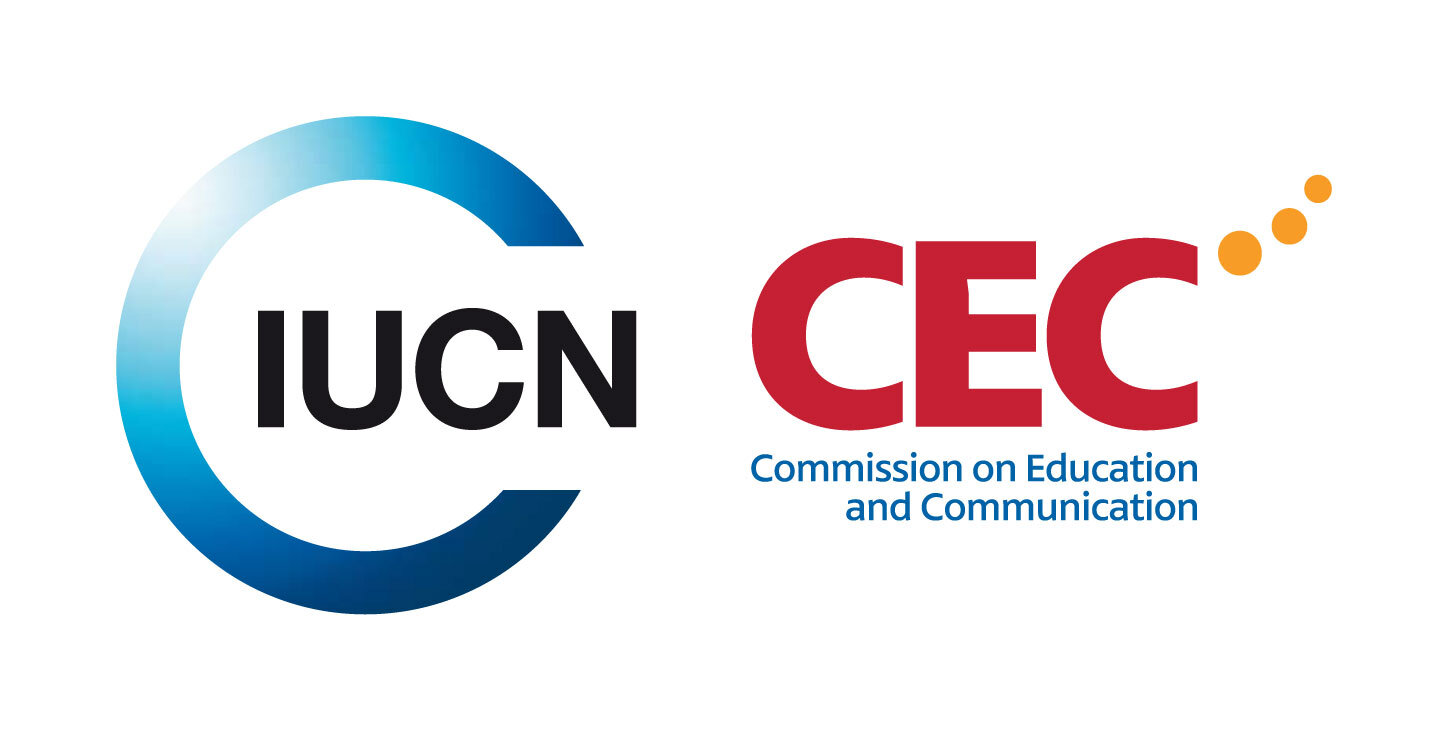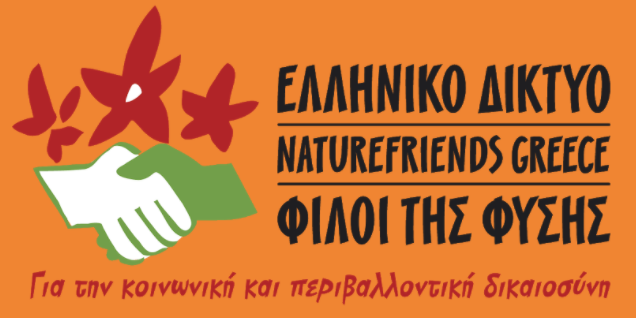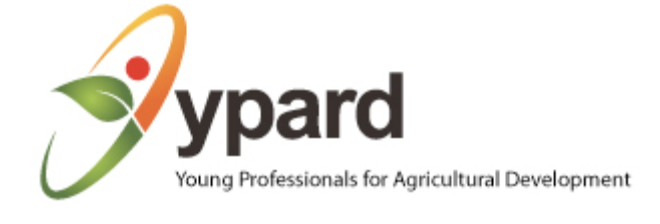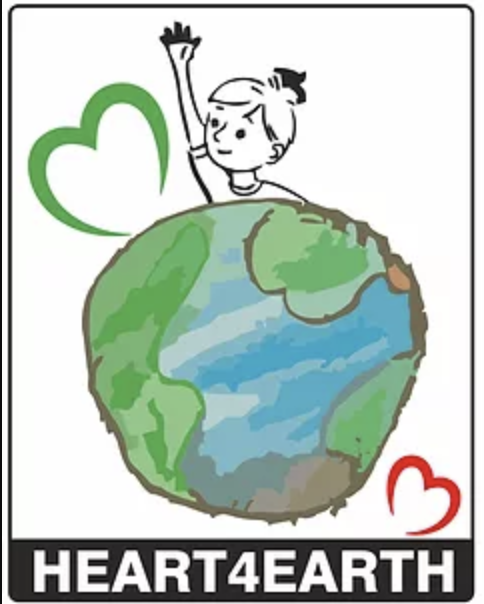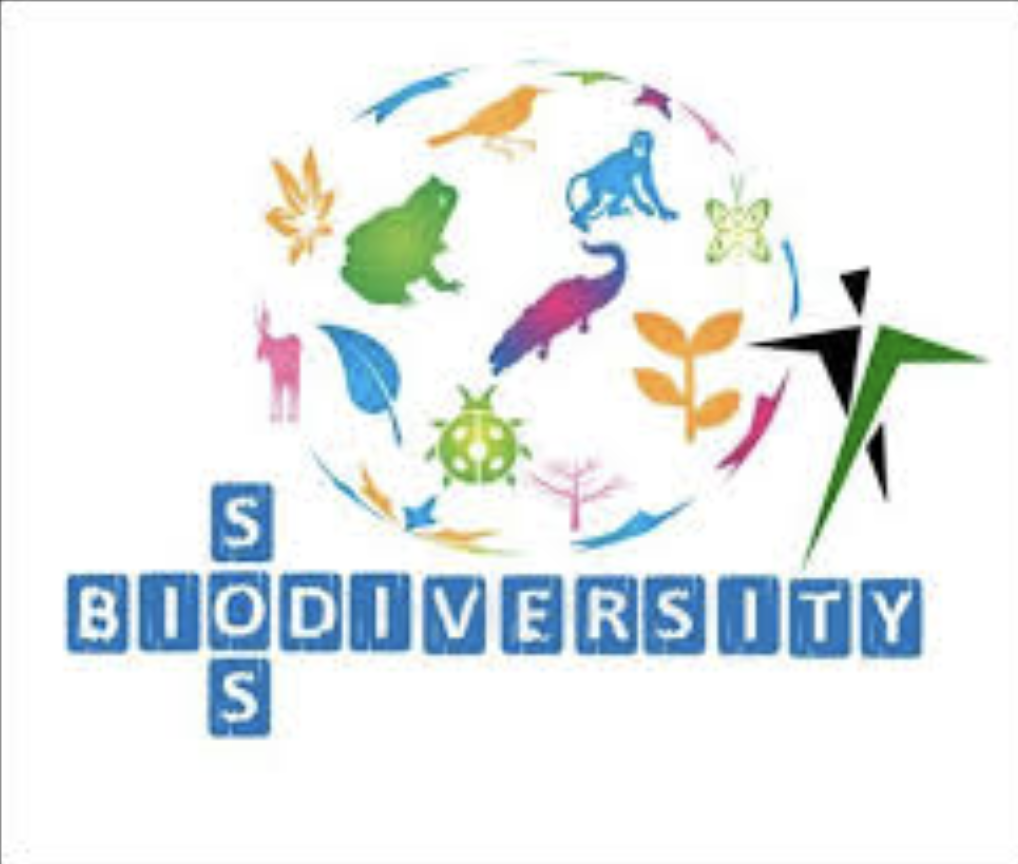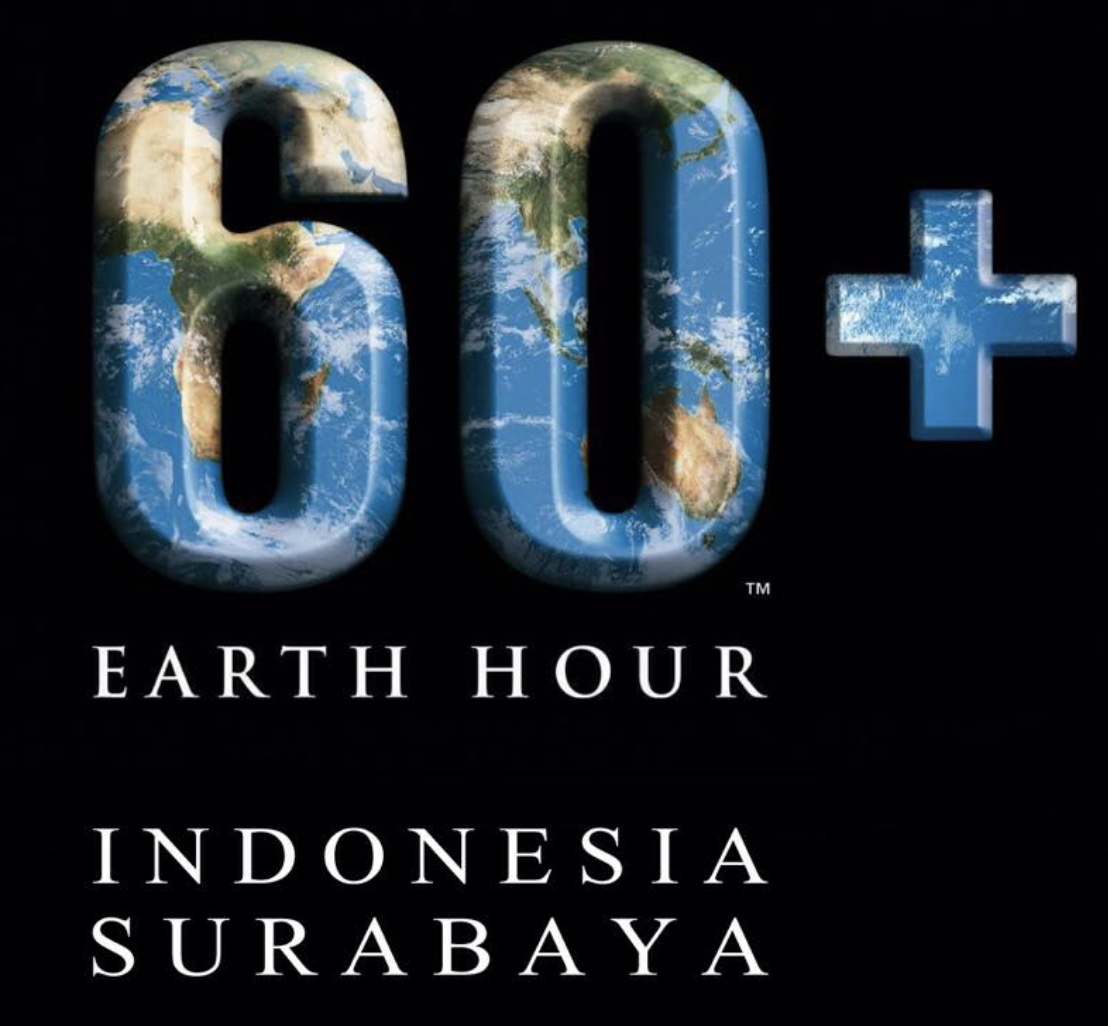We are calling upon individuals and organisations to show their support for the Youth #ForNature Manifesto and Open Letter.
We invite you to sign-on at the bottom of the page and add your voice!
Youth #ForNature MANIFESTO
How we see the world
Nature is our home, our food, our comfort, our culture, our health, our medicine, our safety, our recreation, and our inspiration – it is our life support system.
To care for ourselves we must care for nature.
But every day we are stretching the limit of this fabric of life.
Recent scientific and economic reports are raising alarm bells on the degradation of nature. 75 per cent of the land, 66 per cent of oceans, and 85 per cent of wetlands have been negatively altered by human activity. One million species are facing extinction, many within decades.
We are at an existential crossroads - by acting urgently, now, we can prevent biodiversity, climate, and environmental collapse. Now, more than ever, nature needs us to pay attention to its warning signs:
In our own economic system: the UNSUSTAINABLE way we extract, produce, consume, and dispose of things, and the UNEQUAL way the benefits and damages of all these economic activities are distributed. In our current values and principles that underpin this system, driving unlimited production, unlimited profit, and unlimited growth which is incompatible with our limited planet.
We, the youth, say ‘Enough!’ Enough of behaviour that is harmful to nature. Enough of short-term, quick-fixes that do not address our deep, systemic societal and environmental struggles.
Our generation has seen many of the promises of the Millennium Development Goals, the Aichi Biodiversity Targets, and the Kyoto Protocol fail.
We call for individuals, nations, and the international community to deliver on its environmental commitments. We need real transformative change - for humankind to realign priorities, values, behaviours, and actions. Let us reinvent our systems, equitably and sustainably.
To succeed, global agreements must protect human rights and recognize nature’s intrinsic and cultural values.
They must steadfastly uphold the rights of Indigenous peoples and local communities and protect environmental defenders.
Governments and corporations must be accountable for activities that degrade natural systems or threaten our rights to a safe and healthy environment.
Actions on sustainability must be based on the principle of intergenerational equity, encouraging justice between generations as well as within generations. We are calling on our leaders to safeguard and prioritize our collective future.
If our generation is to have hope for a future built on peace and harmony with nature, we need your leadership now.
We want decisive actions at the start of the Decade of Action for the Sustainable Development Goals and the Decade on Ecosystem Restoration.
It’s time to Act with and #ForNature.
Time to listen to science. Time to listen to the voices on the ground. Time to be accountable.
It is time for a strong, just, courageous, inclusive, and rights-based Post-2020 Global Biodiversity Framework and road to Stockholm+50.
We must build back better.
We must put nature at the heart of decision-making. We, young people, representing different causes, constituencies, social backgrounds, ethnicities, genders, geographies, and languages, come together.
Calling for unprecedented action.
With and #ForNature.
Youth #ForNature OPEN LETTER
A roadmap on how we can build back better. Join us!
Introduction
Today, on International Youth Day 2020, we launch this Open Letter. This Letter outlines priorities that young people feel must be addressed to set humanity on course for achieving the 2050 vision of “living in harmony with nature”, agreed by world leaders in the Convention on Biological Diversity (CBD). This letter is part of the Youth #ForNature Initiative led by United Nations Major Group for Children and Youth (UNMGCY) and linked youth constituencies - UNEP MGCY (Global Youth for Environment), Global Youth Biodiversity Network, UNCCD Global Youth Caucus, and YOUNGO (Youth for Climate), including youth movements such as Youth for Our Planet and organizations operating at local, national, regional, and global levels, with communication and outreach support from UNEP, UNDP, CBD Secretariat and WWF.
This initiative aims to galvanize greater commitment, ambition, and accountability from our global leaders in the lead up to the UN General Assembly Biodiversity Summit, UN Environment Assembly (UNEA)-5, CBD COP15 and Climate Change (UNFCCC) COP26. We would like to deliver a clear message that we must put nature at the heart of all decision-making processes, drive ambition for transformative change, and build on tangible steps towards the necessary policy reform and an accountable Post-2020 Global Biodiversity Framework.
We intend to build and deliver this Open Letter to our leaders, including to the United Nations Secretary-General, at all of the high level global convenings mentioned above.
Preamble
The world has set the years 2020 and 2021 to be Super Years for Nature—years when the world strengthens its collective commitment towards transformation; to reconnect with nature and to live within it.
Today, in 2020, we face a crisis with no precedents. As the world faces a pandemic which is but one symptom of the chronic biodiversity and climate crises that have been pushed to the side for too long, it has become very clear that we can no longer continue as we have been.
We must urgently take concerted, courageous, and truly transformative actions towards repairing the fabric of life on Earth and our relationship with it. We face the decline of biodiversity at rates faster than at any time in human history, and no less the existence and well-being of the whole of humanity is at stake. The ecological and climate crises confronting us deeply undermine the achievement of all Sustainable Development Goals which all UN member states have pledged to achieve by 2030. As the fifth edition of the Global Biodiversity Outlook has also concluded, there is an alarming gap between the level of ambition of our targets and the implementation on the ground. We have no other option but to take urgent collective action to transform our economic, social, political and technological systems and reprioritize towards a shared future—one that does not benefit only the privileged few.
At this crucial time, the world’s youth are standing together #ForNature. We have the right to a healthy and flourishing environment and a future in peace and equity, yet face the burden of shouldering many of the long-term consequences of ecological collapse. We cannot wait any longer. We urge world leaders to take immediate and inclusive decisions to address the climate and biodiversity emergencies, and to continue building upon the work that is already being done to this end.
We, young people, representing different causes, constituencies, social backgrounds, ethnicities, genders, geographies, and languages, from local, regional to global levels, are coming together to call for unprecedented action with and for Nature.
As COVID-19 continues to strike our health, our livelihoods and our future, we are reaching the very same conclusion: we must no longer settle for short-term, quick-fixes and shallow solutions to deep societal struggles. Those in power must immediately mobilise efforts and resources to transform unjust and unsustainable systems.
We call for unprecedented action #ForNature and demand that our leaders and decision-makers recognize that:
Nature is our home and the very basis of our survival and well-being. It has not only provided us air, food, and water but also comfort, culture, health, safety, and inspiration. Biodiversity is the very essence of our life support system that connects us and keeps us all alive.
We must recreate economic models to ensure a mutually enriching relationship between humanity and the whole of Nature. The recent IPBES Global Assessment Report on Biodiversity and Ecosystem Services exposed, clearer than ever before, the relationship of the ecological and climate crisis with the underlying inequality and asymmetries that shape our economy and society.
There is a need for the intersectional pursuit of justice. Many of the world’s biggest problems stem from systemic inequalities with historical roots that continue to the present. These can only be solved through the unwavering pursuit of social justice. While pandemics, natural hazards, and environmental degradation can affect anyone indiscriminately, they do not affect everyone equally. These cause enormous setbacks, deepening pre-existing inequalities and exposing vulnerabilities in social, political and economic systems. The dramatic erosion of Human Rights during crises calls for a course correction in global politics
Intergenerational inequalities continue. Our generation is starting to and will in the future face the biggest impacts of the current biodiversity crisis. Despite this, we remain marginalized, unrecognized, and underrepresented in decision-making spaces and lack support and resources to work on appropriate solutions.
Indigenous Peoples and local communities around the world have stewarded nature for generations — while approximately 5 per cent of the world’s population, they are custodians to as much as 80 per cent of its biodiversity. Therefore, they are on the frontline of our chances for success in caring for and defending our natural assets. Their rights to land, territories, resources and to self-determination must be uncompromisingly upheld.
We demand that our world leaders and decision makers:
1. Declare a Planetary Emergency
Address the severity of the ecological crisis, the necessity to act now, and urge all people to recognize the biodiversity and climate crises are inextricably linked. The crises have their origin in our mainstream values and priorities, which are shaping a system that pushes for unlimited and unequitable extraction, production, consumption and disposal and completely undermines the capacity of our planet to support us all. If we don’t invest in nature and build a green and sustainable recovery without taking short cuts, we will jeopardize future benefits from nature and potentially drive us to future pandemics.
2. Change in values, priorities and behaviours
We call for a real transformative change - we call on the whole of society to realign our priorities, values, behaviours and actions. We urge all governments, the private sector, financial institutions, civil society, academia and all other people in a position of power to reinvent our systems equitably, and sustainably.
3. Develop strategies for effective biodiversity conservation, restoration, and sustainable use
A healthy and sustainable environment is the foundation of an equitable, functioning society and the basis for prosperity, well-being, security, and stability of human and animal life. We must implement global, national and subnational policies on the conservation, restoration, and sustainable management of ecosystems, landscapes, and seascapes, including building cities with nature, through locally adapted, resource-efficient, and just systemic interventions. These must be based on the precautionary principle and follow a global mitigation hierarchy for nature conservation.
In this context we are urging governments to fully utilise the opportunity presented by the UN Decade on Ecosystem Restoration (2021-2030) to prevent, halt and reverse the degradation of our ecosystems and the Post-2020 Global Biodiversity Framework in order to build a clear pathway to achieve a world in harmony with nature.
4. Adopt bold, ambitious and binding environmental global goals
Preventing and reducing pollution, including marine and plastic pollution, reversing forest loss, ensuring water security, halting and preventing the loss of biodiversity, restoring damaged ecosystems, reaching land degradation neutrality, are all necessary to combat the environmental crisis and reduce disaster risk.
5. Guarantee rights-based approaches
Human Rights are not separated from Nature Rights and the urgency of the climate and biodiversity crisis requires a just response centered on human rights, equity, and justice. To succeed, global agreements must defend human rights, protect environmental defenders, recognize nature’s intrinsic value, and hold governments and corporations accountable for activities that degrade natural systems or infringe on peoples’ rights to a safe and healthy environment.
6. Improve participation in environmental governance mechanisms
We must adopt participatory, bottom-up, and inclusive approaches to ensure the voices, wisdom, and experience of Indigenous peoples and local communities, women, and youth are genuinely included. We must designate spaces for their political participation and support their initiatives via inclusive financial schemes. We must also support those on the frontlines who are most vulnerable to environmental disasters so they ca be empowered and more resilient to address issues of poverty, inequality, racial/gender discrimination, justice, and human rights
7. Create transformative education
As youth, we believe that a crucial way to achieve Transformative Change is through integrating Transformative Education on biodiversity, climate change, sustainability and cultural heritage in school curricula at all levels and promoting it in formal, non-formal and informal education; as well as by fostering intergenerational learning and interdisciplinary collaboration and exchange. If we better understand the vast and exciting opportunities that focus on climate education and green jobs, we can foster a new generation of leaders.
8. Ensure Intergenerational Equity
Beyond the need to achieve equity within generations, actions on sustainability must be based on the principle of Intergenerational Equity, reflecting justice between generations. We must respect future generations' right to a safe, clean, and healthy environment, the same right that we are all entitled to today.
There is a need to move beyond a tokenistic view of participation toward taking more proactive steps in ensuring all generations are meaningfully and equally engaged in policy development and formulation so that intersectional and intergenerational equity can be achieved.
9. Ensure gender-responsiveness
Gender inequalities need to be addressed and eradicated, by fully recognizing women and girls’ contributions and roles in nature conservation and sustainable use; as well as guaranteeing women and girls rights to land, to health, to a life free of violence, and to full and effective participation in decision-making processes.
10. Ensure responsible Private Sector involvement
The private sector must take greater responsibility for the power they concentrate and for how their operations and supply chains can impact the environment and our society. They must reform their activities to end destructive practices on all levels and processes, from extraction to disposal, to incorporate more sustainable and nature-friendly practices, as well as increase financial support to initiatives promoting sustainable lifestyles and the safeguarding of climate and biodiversity.
11. Strong means of implementation and enabling conditions
New global commitments cannot be achieved without strong and long-term political will, strict compliance mechanisms and appropriate and measurable means of implementation in place such as targeted capacity-building on all levels, resource mobilization, strategic divestment, elimination of perverse subsidies and a complete reform of subsidies harmful to both climate and biodiversity.
We urge governments to strengthen institutions, to increase efforts to fight corruption and to boost contributions to multilateral financial mechanisms, including the Green Climate Fund, the Adaptation Fund, and the Global Environmental Facility, among others, and to also significantly increase domestic resources.
12. Reform the System of Environmental Governance
Lead an inclusive and just path to Stockholm+50, which addresses gaps in environmental governance and where a system which is more inclusive by design is built and moves beyond silo-ed approaches in tackling the planetary crisis.
This Open Letter acknowledges previous calls to action, including global leaders’ renewed efforts and commitments to advance the Sustainable Development Goals, to support a healthy recovery from the pandemic in building back better and with nature; and the urgency to acknowledge and address the growing Climate and Biodiversity emergencies.
This letter has been developed by UNEP MGCY (Global Youth for Environment), Global Youth Biodiversity Network, UNCCD Global Youth Caucus, YOUNGO (Youth for Climate) and Youth for Our Planet with communication and outreach support from UNEP, UNDP, CBD Secretariat and WWF and is based on consultations carried out by UNEP MGCY on Ecosystem Restoration and GYBN on the Post-2020 Global Biodiversity Framework and on the position papers listed below:
1. GYBN Position Paper on the post-2020 Global Biodiversity Framework
2. Youth Paper on UN Decade on Ecosystem Restoration
3. Youth Sectoral Paper to the 2020 High Level Political Forum
4. UNEP MGCY Position Paper on Stockholm+50
5. African Youth Declaration on Nature
6. Youth for Our Planet’s demands for world leaders in 2020
We are calling upon individuals and organisations to show their support for the Youth #ForNature Manifesto and Open Letter.
Powered by:
Supported by:
SIGNATORIES
The full list of Signatories can be found here
Lead Signatories
Sophia Kianni | Founder and Executive Director of Climate Cardinalis. Member of the United Nations Secretary General’s Youth Advisory Group on Climate.
Ian Somerhalder | Actor, model, and environmentalist. UNEP Global Goodwill Ambassador.
Alex Rendell | Co-founder and Chief Executive Officer of the Environmental Education Center (EEC). UNEP National Goodwill Ambassador for Thailand.
Rocky Dawuni | International music star, producer and activist. UNEP Regional Goodwill Ambassador for Africa.
Roberta Annan | Award-winning businesswoman. Co-founder of Impact Fund For African Creatives. UN Environment Supporter - Creative Economy.
Antoinette Taus | Award-winning actress, singer, TV host, and founder of the non-profit organization CORA. UNEP National Goodwill Ambassador for the Philippines.
Ellie Goulding | Singer Songwriter and UNEP Goodwill Ambassador.
Don Cheadle | Actor, director, producer and writer. UNEP Global Goodwill Ambassador.
Li Chen | Actor and producer. UNEP National Goodwill Ambassador for China.
Cristina Mittermeier and Paul Nicklen | Conservation photographers and the founders of SeaLegacy.
National Geographic Photographers.
Shawn Henrich | Emmy Award-winning cinematographer, photographer, scuba diver, and marine conservationist.
Ashlan and Philippe Cousteau | Ocean explorers, adventurers, environmental advocates, and filmmakers.
David de Rothschild | Founder of The Lost Explorer, adventurer, ecologist, and environmentalist.
Nadya Hutagalung | Eco-activist, television host, and former model. UNEP Goodwill Ambassador.
Amanda Cerny | Actress, Model, and Health and Wellness Enthusiast.








